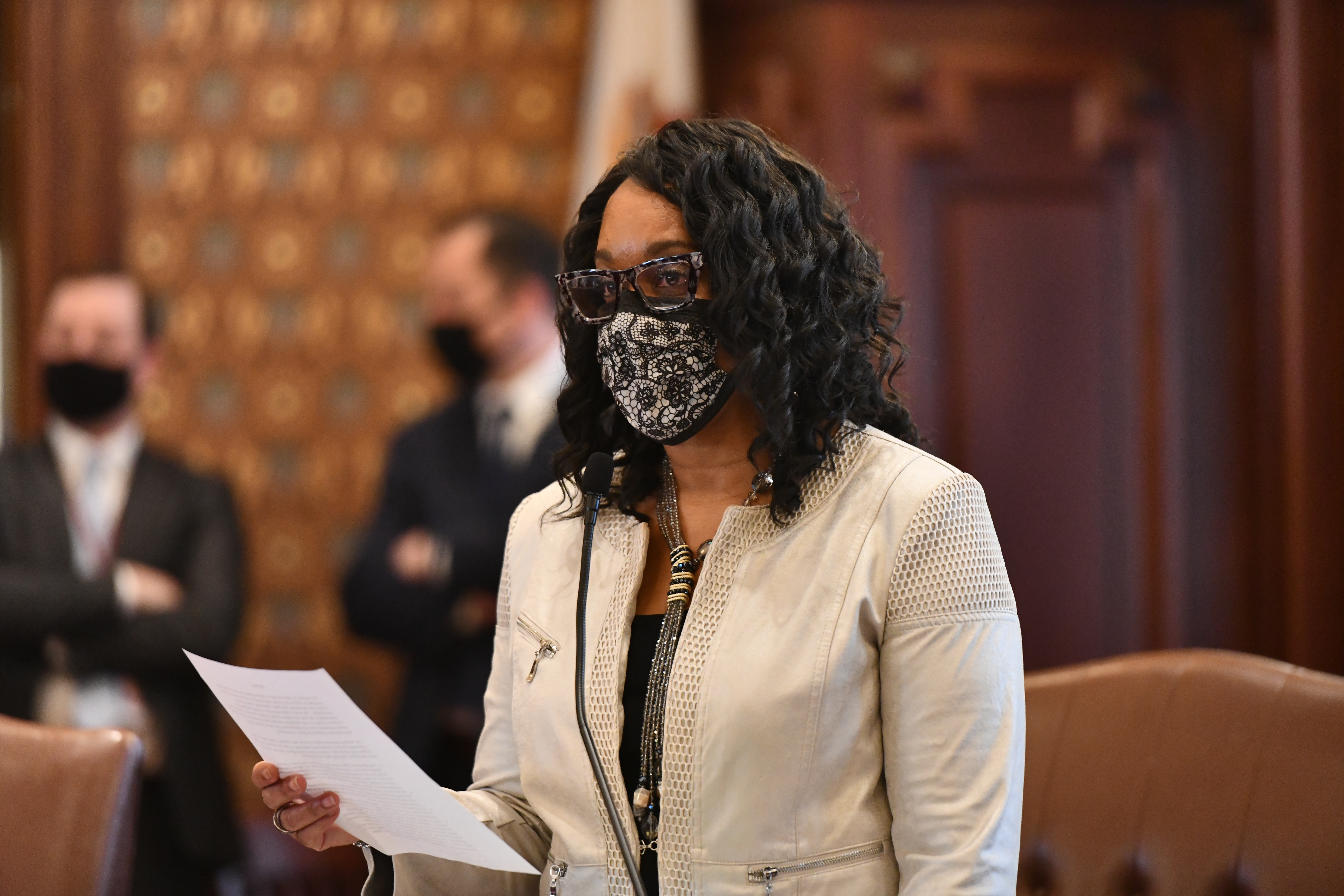
“Communities of color have suffered unprecedented unemployment during the pandemic, but we have always had less access to respected career opportunities in Illinois,” Lightford said. “This commission is charged with envisioning the future of Illinois’ workforce system that is both equitable and accessible.”
House Bill 2170, known as the Education and Workforce Equity Act, part of the Illinois Legislative Black Caucus four-pillar agenda was signed into law March 2021. The act required the Illinois Workforce Innovation Board to perform a study to determine the feasibility of consolidating all workforce development programs under a single agency.
The feasibility study identified unequal access to economic opportunity, continuous duplication of administrative and program efforts, over-reliance on federal funding, limited state investments, and limited investments in necessary technology upgrades.
The Workforce Equity and Access Commission will explore the potential benefits of consolidating workforce programs created under the Workforce Innovation and Opportunity Act into a single state agency and eliminating systematic racism in the Illinois workforce. The commission will make recommendations for:
- key design enhancements and improvements to Illinois’ workforce system,
- the rearrangement of state agencies under the Workforce Innovation and Opportunity Act, and
- the governance structure and state leadership needed for execution of these goals.
Among its top priorities, the commission will find ways to strengthen and diversify existing workforce training programs to address shortages, expand access to talent, and promote equity and inclusion across all industries.
“It’s simple, Black and Latino people do not have the same access to job opportunities as their white and Asian counterparts in Illinois, and data has proven that,” Lightford said. “Systemic racism has a long history in Illinois, and this situation must change.”







